Iran activates advanced centrifuges in response to IAEA's 'unjust' resolution
Iran has condemned an "unjustifiable" resolution passed by the UN nuclear agency against the country's peaceful atomic program, ordering the activation of advanced centrifuges in a reciprocal response.
In a joint statement released early on Friday, Iranian Foreign Ministry and the Atomic Energy Organization of Iran (AEOI) said directives had been issued to "initiate the operation of a substantial number of advanced centrifuges of various models."
The measure, which is taken to safeguard Iran’s national interests and address its growing need for civilian nuclear program , lies within the framework of the country’s rights and obligations under the Comprehensive Safeguards Agreement, they said.
📌 Joint Statement of the Ministry of Foreign Affairs & the Atomic Energy Organization of Iran Regarding the Unjust Resolution Adopted by the IAEA Board of Governors on Iran’s Peaceful Nuclear Program
— Foreign Ministry, Islamic Republic of Iran 🇮🇷 (@IRIMFA_EN) November 22, 2024
In the final hours of the #IAEA Board of Governors meeting on 21 Nov 2024, a… pic.twitter.com/XjM5Up5eLs
The joint statement came after the International Atomic Energy Agency (IAEA)'s Board of Governors voted 19 to 3, with 12 abstentions, for the resolution that alleged Tehran had a poor cooperation with the agency and requested a "comprehensive" report on its nuclear activities "at the latest" by spring 2025.
The statement said that the "non-consensus" motion was approved under the "pressure and insistence" of Britain, France, Germany and the United States, despite lacking the support of approximately half of the 35-member Board of Governors.
It noted that the aforesaid states had proposed a "politically motivated" resolution against the Islamic Republic, rather than fostering the constructive atmosphere established during the IAEA Director General Rafael Grossi's recent visit to Tehran.
"In this context, the actions of the three European nations and the United States—countries with a documented history of reneging on their commitments, including under the Joint Comprehensive Plan of Action (JCPOA), and resorting to unlawful sanctions and pressures against the Iranian nation—are both confrontational and unjustifiable," read the statement.
"This politicized and destructive measure undermines the positive momentum achieved between Iran and the Agency and blatantly contradicts the professed commitment of the three European nations and the United States to preserving the integrity and impartiality of the IAEA. It lays bare their use of the nuclear issue as a pretext to advance illegitimate objectives."
It also reaffirmed Iran's resolve to continue its cooperation with the IAEA as before, strictly in accordance with the Safeguards Agreement.
"The principled policy of the I.R. of Iran has consistently been to engage constructively with the International Atomic Energy Agency (IAEA) within the framework of rights and obligations enshrined in the Treaty on the NPT and the Comprehensive Safeguards Agreement," it asserted.
Speaking after the vote to Press TV, Mohsen Naziri Asl, Iran’s permanent representative at the United Nations office in Vienna, said the resolution came despite "good promises" made by Grossi during his recent visit to Tehran.
Grossi said on Wednesday that Iran agreed to cap its stockpile of 60%-enriched uranium and to accept new inspectors the agency needs to have in Iran. He said that day that it was "a concrete step in the right direction," suggesting that he felt a resolution could undermine that progress.
"This resolution does not look at those promises as well as the roadmap we have agreed with the DG to move forward," Naziri Asl said, stressing, "Our reaction is of course in accordance with our legitimate rights."
Iran had already warned that any resolution against its peaceful nuclear program would be met with a quick response.
In 2015, Iran proved the peaceful nature of its nuclear program to the world by signing the JCPOA with six world powers.
However, Washington’s unilateral withdrawal in 2018 and its subsequent re-imposition of sanctions against Tehran left the future of the deal in limbo.
In 2019, Iran started to roll back the limits it had accepted under the JCPOA after the other parties failed to live up to their commitments.
Press TV’s website can also be accessed at the following alternate addresses:
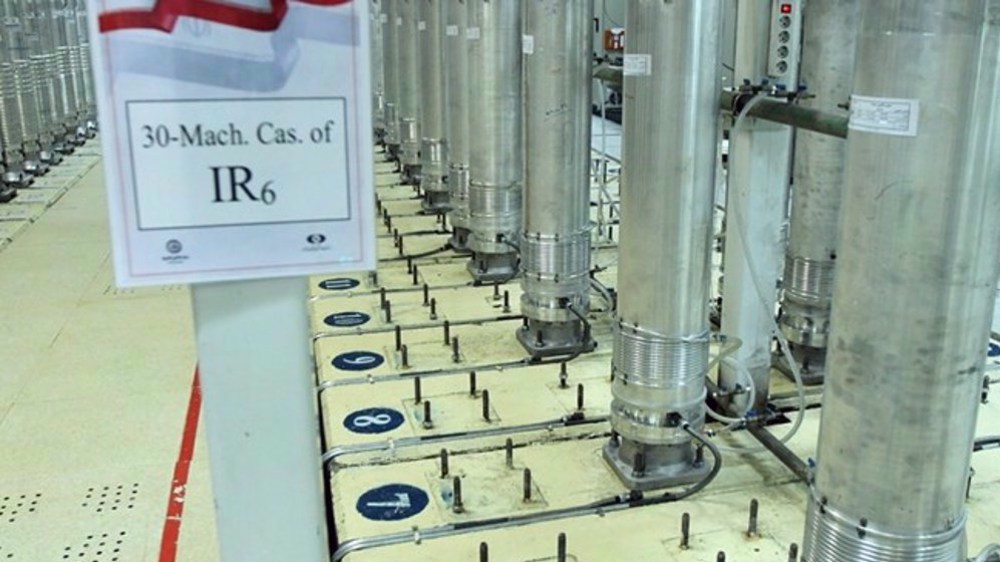
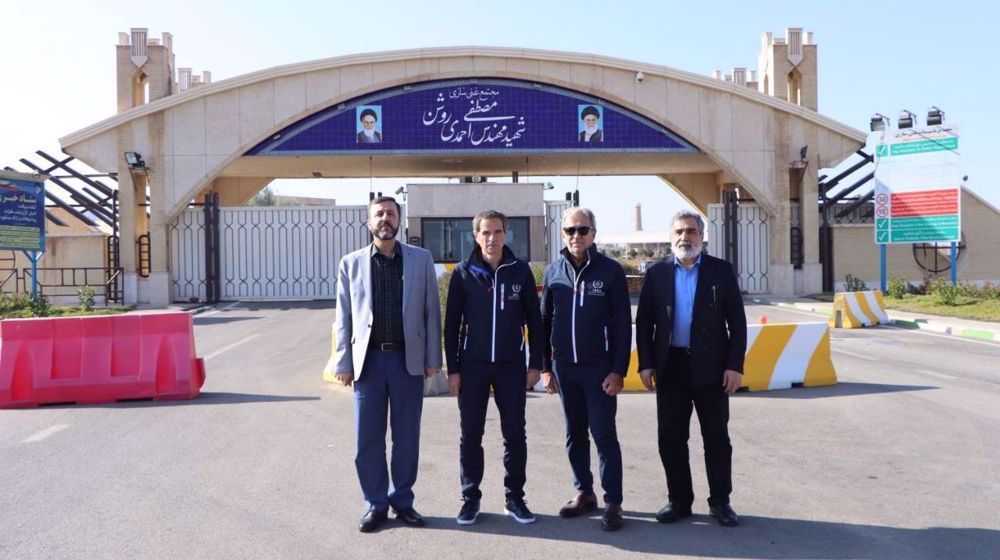
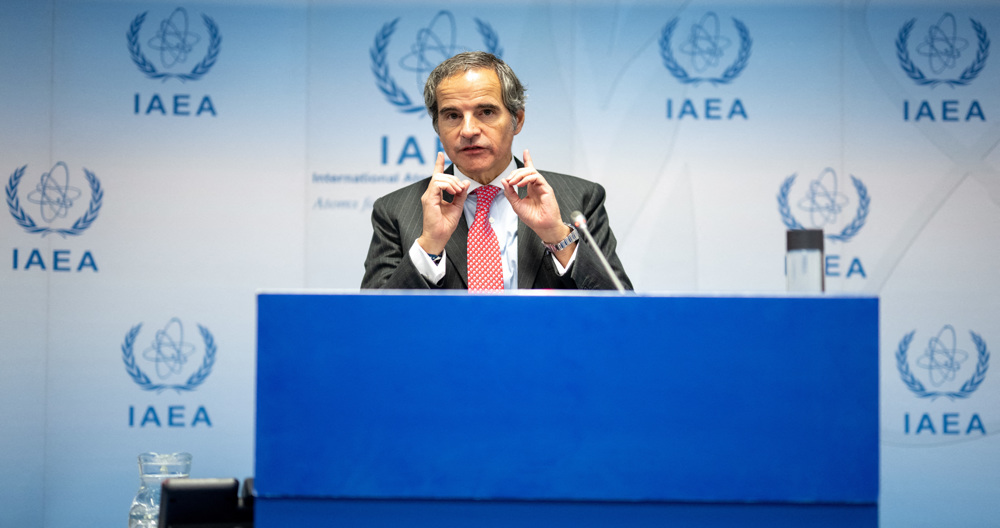
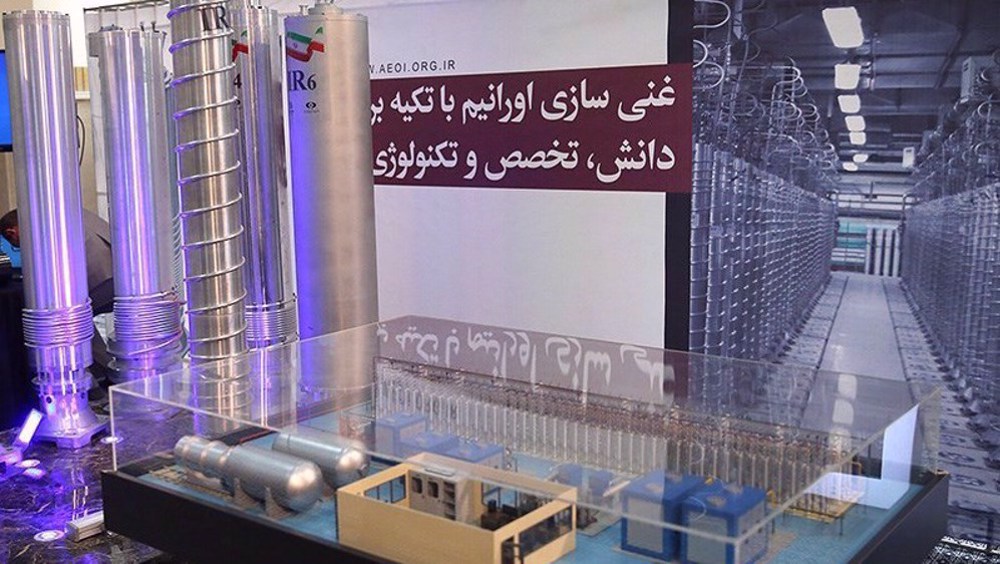
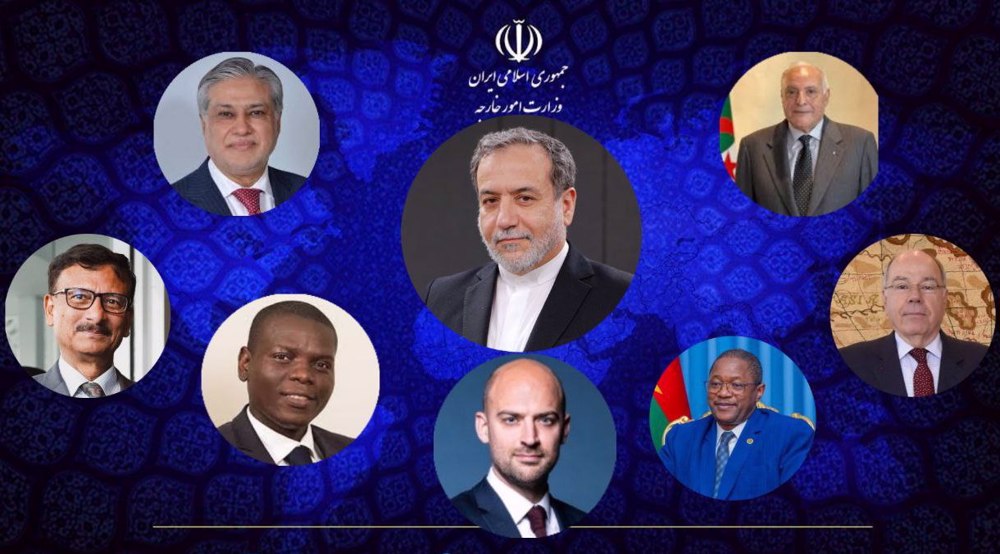
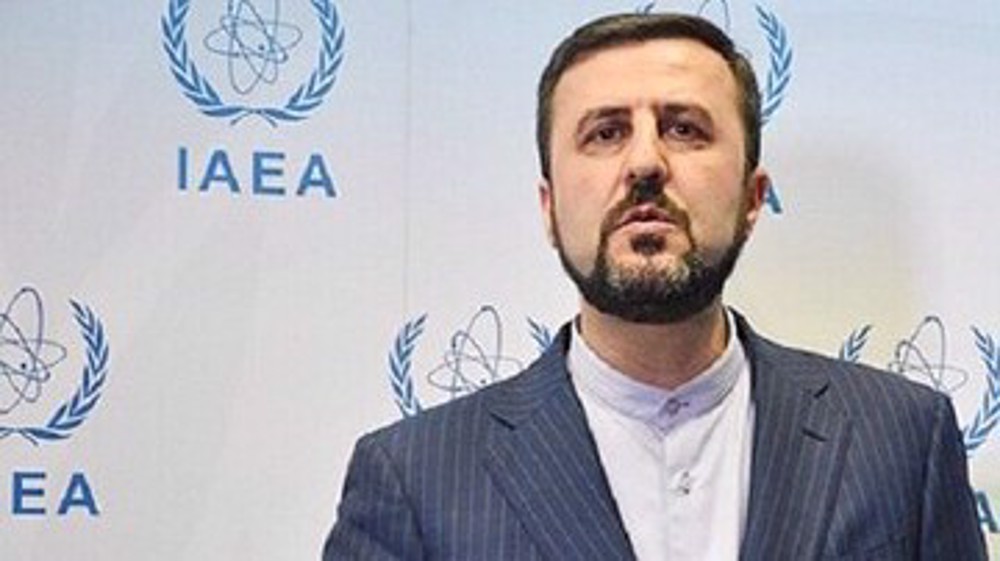



 This makes it easy to access the Press TV website
This makes it easy to access the Press TV website